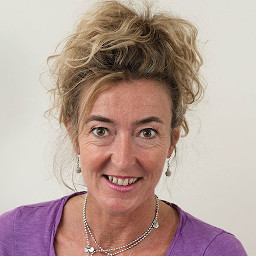Developmental Psychology
Group Leader(s): Professor Luci Wiggs
Contact: hlsresearch@brookes.ac.uk
About us
The work of this group has three main strands:
- cognitive and social development
- language and literacy
- development and disorder.
Some of our research focuses on the description of typical development and explanation of developmental processes in different domains. Other work is concerned with understanding the mechanisms underlying atypical development and an examination of ways to support children, young people and their families.
Much of our work is conducted in schools and family homes. Research conducted on site at Oxford Brookes usually takes place in one of our specialist labs. We have a BabyLab with special facilities including an observation room and eye-tracker. The PuMA (Perception and Motion Analysis) Lab houses a 3D motion analysis system, with infrared cameras to track the coordinates of small reflective markers placed on the body to helps us understand how movements are planned and executed and to investigate the nature of movement difficulties. We also have a Writing Lab with equipment for the detailed recording and analysis of spelling, handwriting and keyboarding behaviour.

Research impact

Several staff in this research group work with professionals from other disciplines including health and education and are concerned with the production of practical assessment tools and the evaluation of intervention approaches to help children and young people achieve their full potential.
For example, staff have developed and published a new suite of standardised assessment tools providing practitioners with means to improve identification of and support for individuals with movement and handwriting difficulties across the world. Other staff have developed an online intervention to help improve the sleep of children with epilepsy. This is currently being evaluated to see how this impacts the sleep and quality of life of the children and their families.
We also engage in various public engagement events to share our research with parents, children, professionals and the wider community.
Leadership

